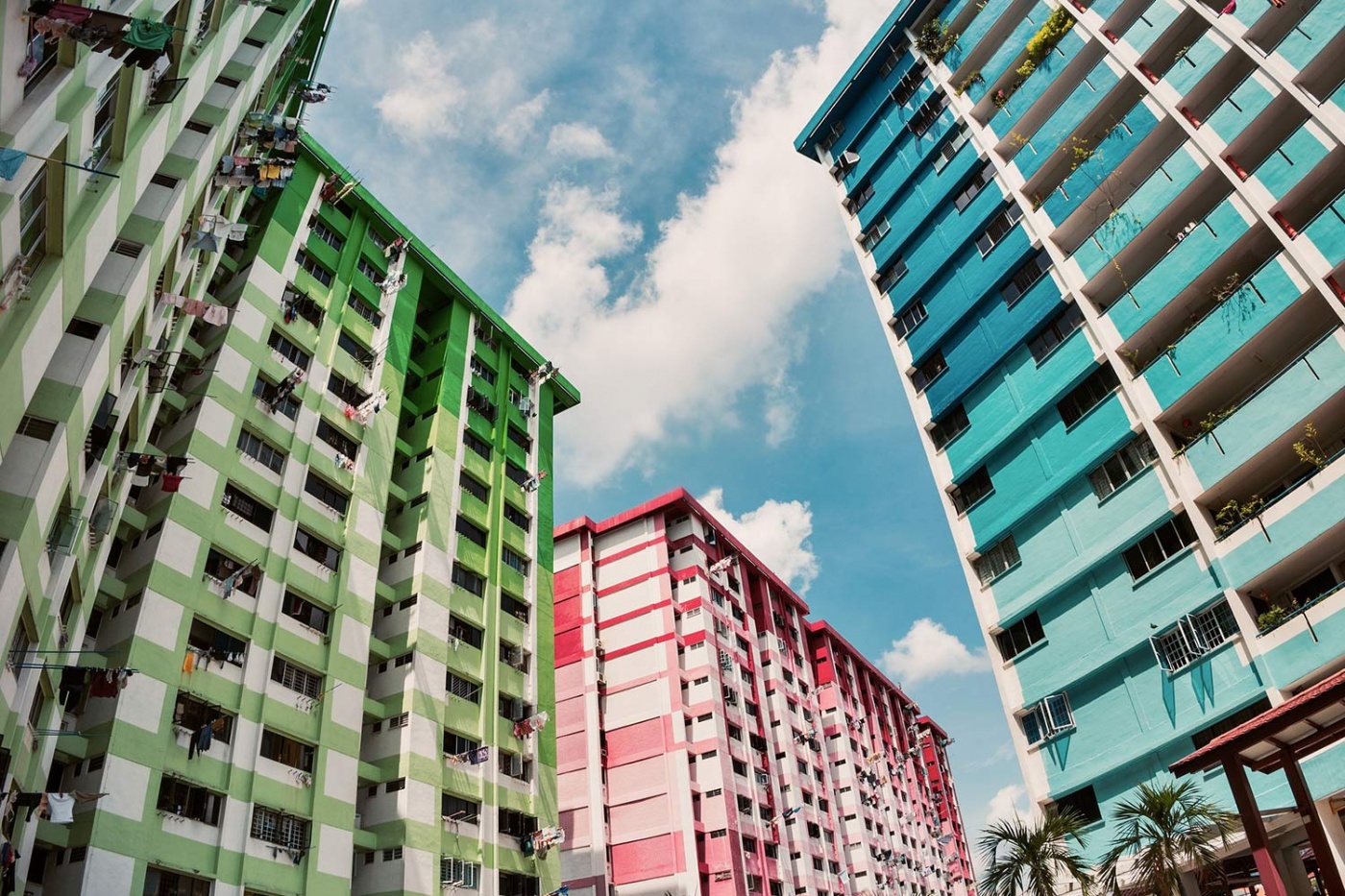Younger Singaporeans Are Most Sanguine About Future Property Prices
In PropertyGuru’s bi-annual Consumer Sentiment Study, Singaporeans are generally more positive about the property market. The Sentiment Index increased 5 points from 40 to 45, with a higher satisfaction level largely due to perceived government efforts (39 per cent) and current real estate climate (52 per cent).
Satisfied with government policies
In September 2019, the government announced various measures to make public housing more affordable and accessible for Singaporeans, such as the raising of income ceilings to S$14,000 and the newly consolidated Enhanced CPF Housing Grant (EHG) targeted to help first-timer families buying BTO flats.
The study found that younger Singaporeans, aged between 22 and 29, are most optimistic about future property prices. 70 per cent of Singaporeans are looking to buy a home in Singapore, most of which, have intentions to buy within the next two years. Future MRT lines (89 per cent) and government Master Plans (82 per cent) are also cited as key considerations for property purchase.
Dr. Tan Tee Khoon, Country Manager Singapore, PropertyGuru, said, “Amidst the current macroeconomic headwinds and ongoing COVID-19 situation, we do not expect property prices to significantly drop and we are confident that property prices will remain stable in 2020. Buyers, who are looking to purchase a property this year, should first and foremost consider their needs in their property search and be prudent in their buying decision – calculate their finances and have contingency plans to service mortgage loans in the event of unemployment or an emergency.”
One year post-cooling measures
2019 was also the anniversary of the cooling measures the government had introduced which includes Additional Buyer’s Stamp Duty (ABSD) rates and tightening loan-to-value (LTV) limits on residential property purchases. While more than half of Singaporeans think that ABSD is successful at stabilising the property market, 60 per cent of respondents also felt that it should be relaxed for citizens buying their second property. Singaporeans also want more leeway when it comes to borrowing for home loans. Just over a third of respondents felt that the ability to borrow 75 per cent of a property’s value is too low. Given 72 per cent of respondents believe that property prices will continue to increase over the next five years—one inference here, is that the desire for more home financing support will continue to be on the uptrend.
Singaporeans top the region as super savers; home loan process is a challenge
Singaporeans take the lead in Southeast Asia as super savers with 70 percent of respondents indicating that they will start saving before looking for a home to buy. This comes as no surprise, as buying a house is one of the biggest life decisions most Singaporeans will ever make. On the other hand, the younger Singaporeans, who are still in the early stages of their lives, are more likely to start saving only after estimating the cost of the home they intend to buy.
When it comes to home loans, only 18 per cent of Singaporeans affirmed that they are very familiar with the process and almost half indicated ‘not being familiar with the paperwork’ as a key challenge they faced. A surprising 40 percent said they were not aware that they can re-finance their home loans. Singaporeans are also turning to online tools such as an Affordability Calculator for help with working out how much they can afford to buy when selecting a property, with more than half indicating that they have used a home loan calculator before.
Moving towards a more sustainable future in homes
Singaporeans are becoming increasingly aware of the impact of climate change, and more are open to eco-friendly features for the home. The study found that more than half of respondents are willing to pay more for an environmentally sustainable home. Both solar panels (73 percent) and a smart cooling system (68 percent) top the list of preferred types of sustainable features.


